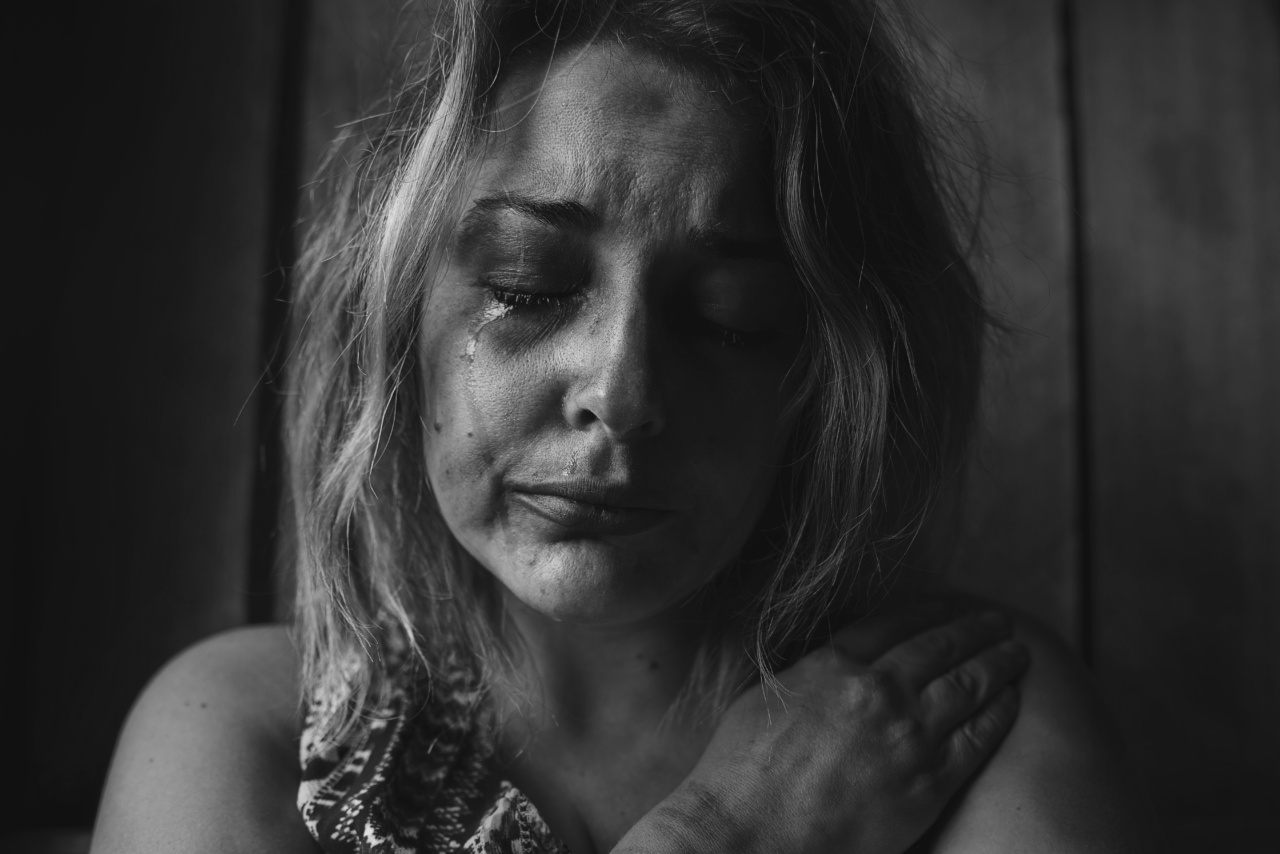Depression and anxiety are two mental health disorders that affect millions of people worldwide. However, there is a common belief that women are more prone to these conditions than men.
This stigma has been perpetuated for many years, and it is time to break it down and examine the truth.
What is Depression?
Depression is a mental health disorder that affects the way a person thinks, feels, and behaves. It is characterized by feelings of sadness, hopelessness, and a lack of interest in activities that the person once enjoyed.
Depression can be caused by many factors, including genetics, personal life experiences, and chemical imbalances in the brain. It is important to note that depression can affect anyone, regardless of gender.
What is Anxiety?
Anxiety is another mental health disorder that is characterized by excessive worry and fear. People with anxiety may experience physical symptoms, such as increased heart rate, sweating, and trembling.
Anxiety can be caused by a variety of factors, including genetics, environmental factors, and chemical imbalances in the brain. Like depression, anxiety can affect anyone regardless of gender.
Gender Differences in Depression and Anxiety
While depression and anxiety can affect anyone, there is some evidence to suggest that women may be more likely to experience these conditions.
According to a study by the World Health Organization, women are twice as likely as men to experience depression. Additionally, women are also more likely to experience anxiety disorders than men. However, it is important to note that these statistics do not mean that men cannot experience depression or anxiety.
The Role of Socialization
There are several theories as to why women may be more prone to depression and anxiety than men. One of these theories suggests that socialization may play a role.
From a young age, girls are often taught to be more emotional and nurturing, while boys are encouraged to be tough and independent. As a result, women may be more likely to internalize their emotions and feel a greater sense of shame or guilt for experiencing depression or anxiety.
Other Factors
While socialization may be a factor, there are many other factors that can contribute to depression and anxiety in women.
For example, women are more likely to experience traumatic life events, such as sexual assault or domestic violence, which can trigger these conditions. Additionally, hormonal changes during puberty, pregnancy, and menopause can also contribute to mood disorders in women.
Breaking the Stigma
Regardless of the reasons why women may be more prone to depression and anxiety, it is important to break down the stigma surrounding mental health.
Men who experience these conditions may feel ashamed or embarrassed to seek help because of societal expectations of what it means to be a man. Similarly, women may feel that their emotions are not valid or that they should be able to handle everything on their own.
Conclusion
While women may be more prone to depression and anxiety than men, these conditions can affect anyone regardless of gender. It is important to break down the stigma surrounding mental health and encourage everyone to seek help when they need it.
By doing so, we can create a more supportive and accepting society for everyone.





























